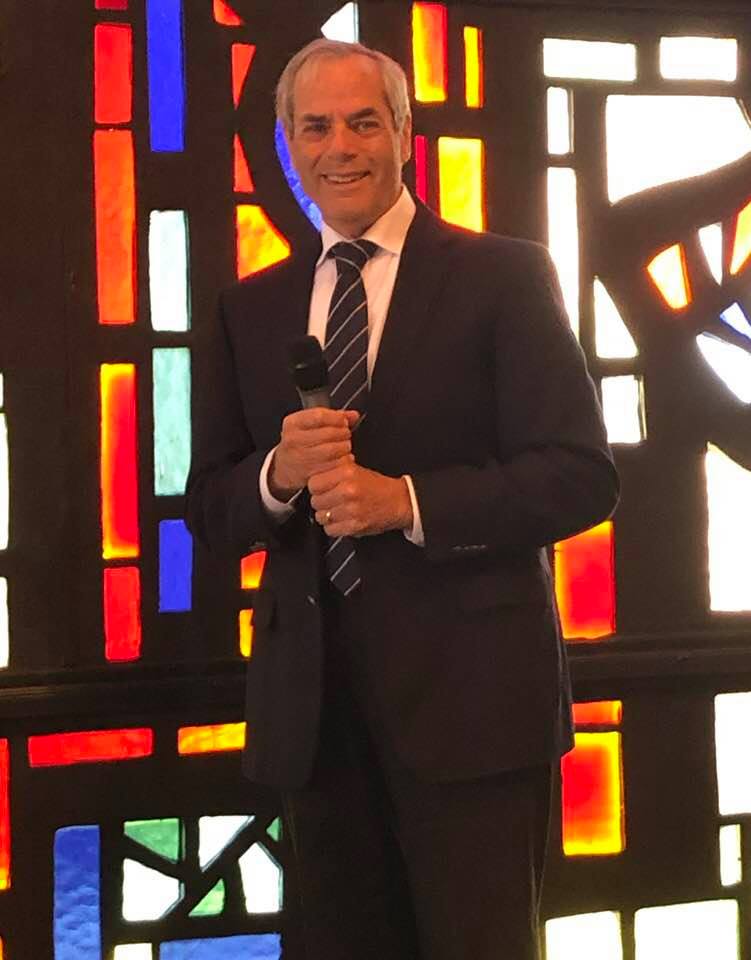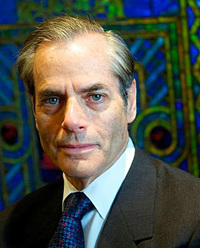Bat Yam Temple of the Islands
Bat Yam Temple Of the Islands First Menorah Lighting at the Seahorse Shopping Center 12/10/2020
Rabbi Fuchs invited to be a Guest on Seekers of MeaningProlific author and podcast host Rabbi Richard Address has invited Rabbi Stephen Fuchs to be a guest on his television show and podcast, Seekers of Meaning. The show will be recorded on September 30, 2021.
The Seekers of Meaning podcast features news and interviews on the subject of Jewish .sacred aging. Jewish Sacred Aging is a forum for the Jewish Community with resources and texts that feature discussions on the implications of the revolution in longevity for Baby Boomers and their families. To learn more about Seekers of Meaning and Rabbi Richard F. Address please click here. |

|
Originally published on Captiva-Sanibel.com
|
|
And on October 19, Rabbi A. James Rudin will be leading services at Bat Yam Temple of the Islands. You won't want to miss it! |
